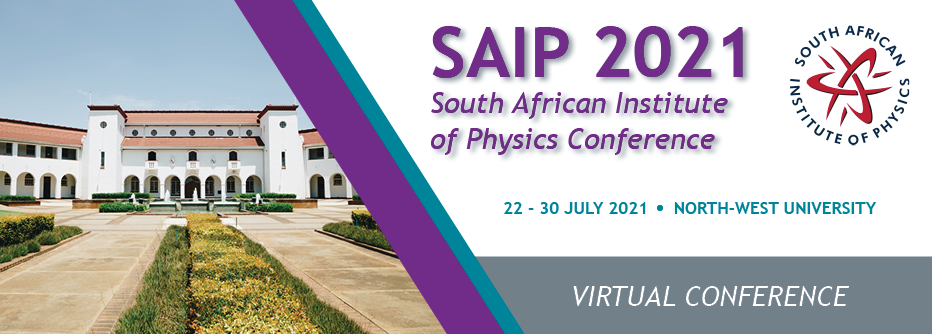Speakers
Description
The start of the operation of the High Luminosity LHC (HL-LHC) is planned
for the year 2027. The planned increase in luminosity provides the opportunity for further
scientific discoveries within the field of particle physics as well as many technical challenges
associated with the new HL-LHC environment. Due to these environmental changes the ATLAS
Tile-Calorimeter (TileCal) is to undergo its Phase-II upgrade in 2025 in order to ensure peak
performance in the coming years. To this end the University of the Witwatersrand Institute for
Collider Particle Physics, iThemba Labs, and SA-CERN, in collaboration with the University of
Texas at Arlington, are currently undertaking the development and production of approximately
2300 Low-Voltage Power Supply (LVPS) Bricks. In order to ensure the reliable operation of
these Bricks on-detector an extensive quality control procedure is to be implemented. This
procedure is two-pronged in its approach. Firstly, initial testing is undertaken to ensure
various performance metrics such as the Bricks output voltage are met. After which, the
Bricks undergo Burn-in testing which functions to improve the reliability of the components via
accelerated aging. Both of these processes require custom test apparatus which take the form
of the Initial and Burn-in test stations. This presentation will provide an overview of these test
stations including their hardware, software, and the certification of the Bricks before installation
within TileCal.
Apply to be considered for a student ; award (Yes / No)?
Yes
Level for award;(Hons, MSc, PhD, N/A)?
MSc

